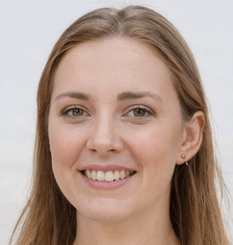History of Africare in Sierra Leone
Africare’s first project in Sierra Leone in 1984 was designed at the invitation of the Sierra Leone Ministry of Health and Sanitation (MoHS), through a partnership planned jointly with the World Bank and UNICEF. Under the project, Africare provided technical, material and financial assistance in support of MOHS actions to strengthen management and distribution of essential drugs to communities being served by the Government’s primary health care programs operating in Bombali, Bo and Pujehun Districts. The MoHS provided policy guidance, technical oversight and counterpart funding for this pilot activity which, with the additional resources contributed by Africare, made it possible for the MoHS to refurbish a secured demonstration medical store in Freetown and linked that with upcountry medical stores in support of primary health care. Under the program, the MoHS strengthened its pharmaceutical systems and skills in the areas of order, storage, distribution, record keeping, dispensing, monitoring and reporting. Africare’s support to Sierra Leone under this program was made possible by grants which it secured from member companies of the US Pharmaceutical Manufacturers Association.
From 1985-1990, Africare supported several small initiatives including a community-based project with farmers in the Mabonkani community, Safroko Limba Chiefdom. In 1991, at the request of the U.S. Embassy, Africare designed and initiated a one-year medical and relief program for war-displaced populations in the Southern and Eastern Provinces. Africare’s programs in Sierra Leone are wide ranging from the delivery of services and commodities to renewing hope and building the lives of individuals and communities – many of which are recorded to be in some of the most disadvantaged and marginalized communities within the country.
Africare, as part of a consortium of four international NGOs, implemented a Livelihood Expansion and Asset Development Program known as LEAD. This multiyear assistance program supported health, agriculture and food security, rehabilitation of farm to market roads, and provision of community assets including grain stores, hand pumps and latrines. After LEAD ended in May 2010, Africare conducted health, HIV & AIDS and food security initiatives until Africare closed its Sierre Leone office in September 2012.

Barbara Meier schreibt seit vielen Jahren für die NPAlliance Ratgeber und Testberichte. Dabei legt sie großen Wert auf die Ausführlichkeit sowie Richtigkeit ihrer Artikel. Sie zählt zu den wenigen Experten in ihrem Gebiet und hat sich über die letzten Jahren einen Namen in der Gesundheitsbranche gemacht.
